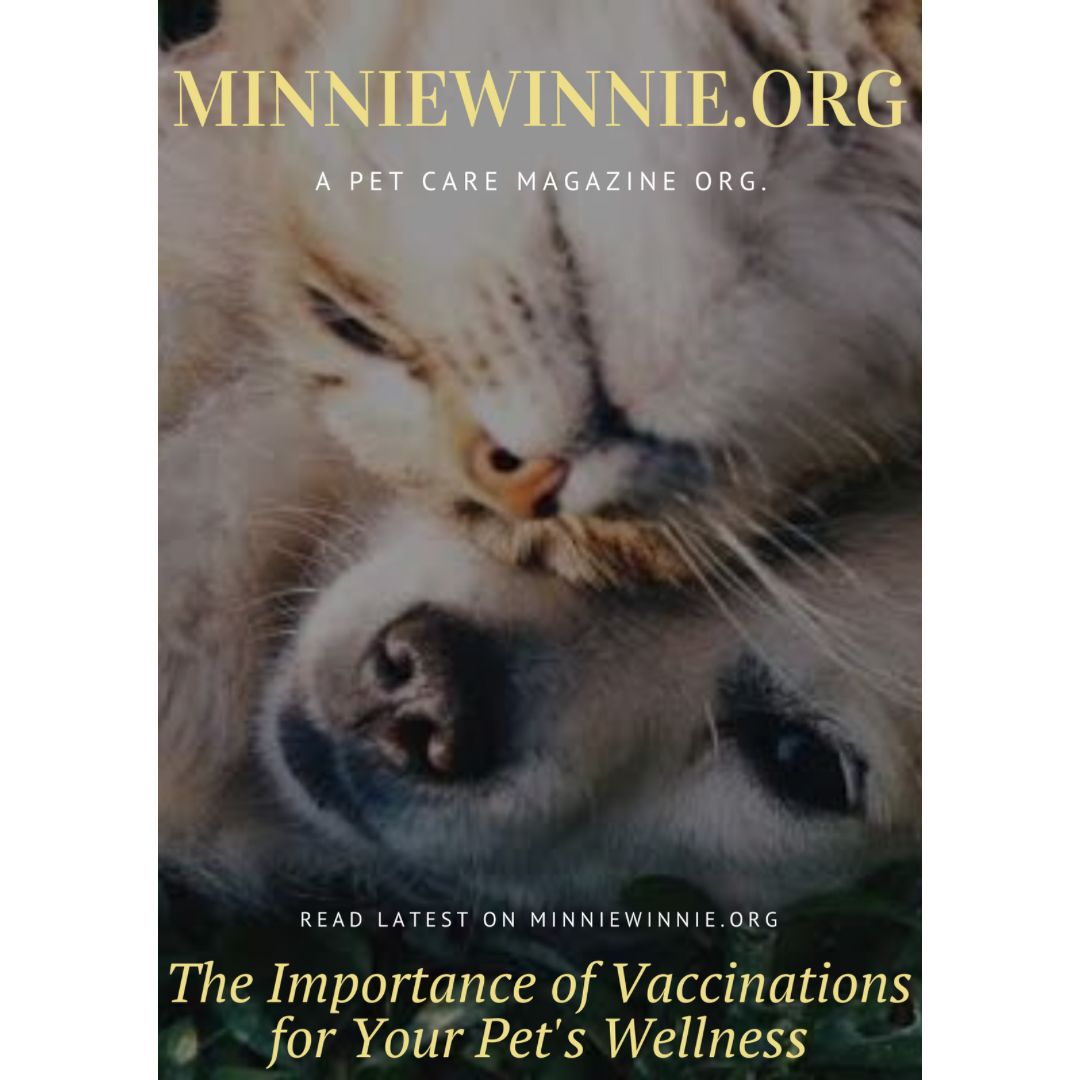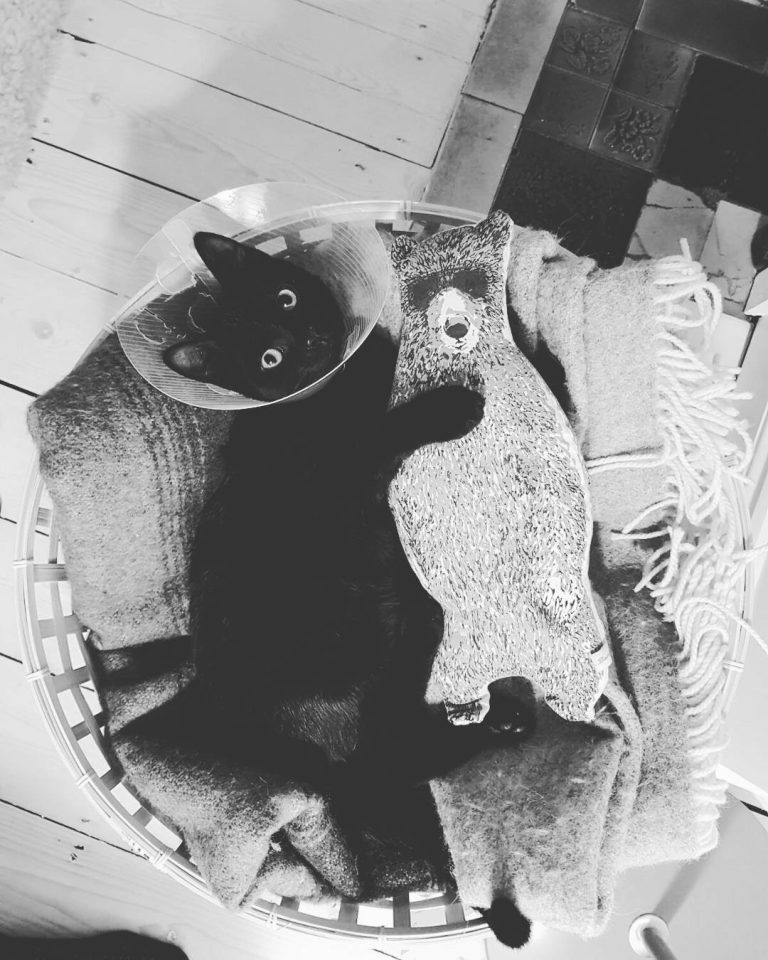The Importance of Vaccinations for Your Pet’s Wellness
As pet owners, ensuring the well-being of our furry companions is one of our top priorities. From feeding them a balanced diet to providing regular exercise, we take several steps to keep them healthy. One of the most crucial yet sometimes overlooked aspects of pet care is vaccinations. Vaccinations play an essential role in maintaining your pet’s health and protecting them from potentially life-threatening diseases. Understanding the importance of vaccinations can help you make informed decisions that safeguard your pet’s wellness.
Why Vaccinations Matter
Vaccinations are designed to trigger your pet’s immune system to develop defenses against specific infectious diseases. These vaccines contain small, harmless amounts of the disease-causing organism or a lab-made protein that mimics it, which stimulates the immune system to produce antibodies. If your pet is ever exposed to the actual disease, their immune system will recognize and fight off the infection more effectively, often preventing illness altogether.
Vaccinations not only protect your pet but also help prevent the spread of infectious diseases to other animals and, in some cases, even to humans. This concept, known as “herd immunity,” is critical in managing contagious diseases within communities of pets, especially in areas where animals frequently interact, such as parks, grooming salons, or boarding facilities.
Core Vaccinations for Dogs and Cats
While the vaccination schedule and type of vaccines needed will vary based on your pet’s age, breed, and lifestyle, certain core vaccines are recommended for all pets. These core vaccines protect against the most severe and common diseases.
For dogs, core vaccinations typically include:
- Rabies: Rabies is a fatal viral disease that can affect both pets and humans. Vaccinating your dog against rabies is often required by law and is crucial for protecting your pet and others.
- Distemper: Canine distemper is a highly contagious viral illness that affects the respiratory, gastrointestinal, and nervous systems. It is often fatal, and vaccination is the best way to prevent it.
- Parvovirus: Parvovirus is a dangerous disease that primarily affects puppies and can cause severe vomiting, diarrhea, and dehydration. It is highly contagious, making vaccination essential.
- Adenovirus (Canine Hepatitis): Canine hepatitis affects the liver and can cause serious illness or death. Vaccination offers long-lasting protection against the virus.
For cats, core vaccinations include:
- Rabies: Similar to dogs, rabies is a critical vaccine for cats as it protects against a fatal disease that can be transmitted to humans.
- Feline Viral Rhinotracheitis (FVR): FVR is part of the feline upper respiratory complex and can cause severe respiratory issues. The vaccine helps protect cats from this highly contagious disease.
- Calicivirus: Another component of upper respiratory infections in cats, calicivirus can lead to respiratory issues, oral ulcers, and joint pain. Vaccination helps reduce the severity of symptoms.
- Panleukopenia (Feline Distemper): Feline distemper is a highly contagious viral disease that affects the gastrointestinal system and can be fatal, especially in kittens. The vaccine provides vital protection.
Non-Core Vaccinations: Tailored to Your Pet’s Needs
Non-core vaccines are recommended based on your pet’s specific risk factors, such as lifestyle, environment, and travel habits. While not necessary for all pets, these vaccines can be vital for those at higher risk of exposure to certain diseases.
For example:
- Leptospirosis (Dogs): This bacterial infection can be transmitted through contaminated water or soil, making it a risk for dogs that spend time outdoors or in rural areas.
- Lyme Disease (Dogs): Dogs living in or traveling to areas where ticks are common may benefit from the Lyme disease vaccine, which helps prevent this tick-borne illness.
- Feline Leukemia Virus (Cats): Cats that roam outdoors or interact with other cats should be vaccinated against feline leukemia, a contagious viral disease that can suppress the immune system.
The Benefits of Vaccinating Your Pet
- Prevention of Serious Diseases: Vaccinations protect your pet from diseases that can cause severe illness, long-term health problems, or even death. In many cases, there is no cure for these diseases, making prevention through vaccination critical.
- Cost-Effective Healthcare: Treating a preventable disease can be expensive, requiring extensive veterinary care, hospitalization, and medications. Vaccinations, on the other hand, are a cost-effective way to prevent these diseases from occurring in the first place.
- Compliance with Legal Requirements: In many regions, certain vaccinations—such as rabies—are required by law. Ensuring your pet is up to date on their vaccinations helps you stay compliant with local regulations and avoid fines.
- Peace of Mind: Knowing that your pet is protected from serious illnesses allows you to enjoy your time with them without worrying about the risk of contracting preventable diseases. Whether your pet interacts with other animals or goes on outdoor adventures, vaccinations provide a safety net that supports their overall well-being.
Timing and Frequency of Vaccinations
Your pet’s vaccination schedule will depend on their age, health status, and risk factors. Puppies and kittens typically begin receiving vaccinations at around 6 to 8 weeks of age and continue with booster shots every few weeks until they are about 16 weeks old. Adult pets need regular booster shots to maintain their immunity, though the timing may vary depending on the specific vaccine.
It’s essential to work with your veterinarian to create a vaccination schedule that fits your pet’s unique needs. Regular vet visits will also ensure that your pet remains healthy and that any potential health issues are caught early.
Conclusion
Vaccinations are one of the most effective ways to ensure your pet’s long-term health and wellness. By protecting them from preventable diseases, you’re giving your pet the best chance at a happy, healthy life. Whether you’re a new pet owner or have had pets for years, staying informed about the importance of vaccinations and following a proper vaccination schedule will help keep your beloved companion safe for years to come. After all, when it comes to the health of our pets, prevention is always better than cure.










